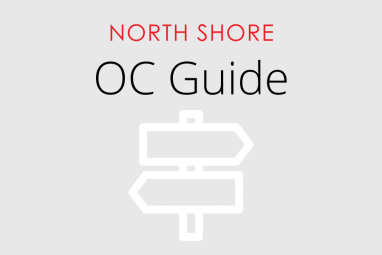WRITING HINTS & TIPS for Exams
There is quite a difference when writing for an original creative piece or writing for exams.
When you are writing a creative piece to entertain and explore a concept, you will have sufficient time to plan, research and write. You will use many writing tools learnt over a long period of time. However, when you are writing for an exam, it still uses the same skills as writing for entertainment, however you must develop strategies for the limited time allowance in which you have to write in a test situation.
We recommend:
- A newspaper report writing to describe a short narrative that jumps into the action early, with a minimal orientation, and, of course, persuasive writing.
- General writing guidelines / techniques to help you in writing creatively and also for scholarship tests:
- Write to show the reader, not tell
- Use description, action, and/or dialogue to put your reader in the story, but be careful to give just enough detail to trigger their imagination. Avoid telling your readers about your characters’ emotions. Instead, show what they feel through their actions and reactions
- Develop interesting characters
- Think about personality and role in the story.
- Consider the character’s struggles.
- Consider how your character deals with their situation within the story.
- Write about a topic you are familiar with experiences you have witnessed, or have been a part of, are certainly the topics that you know well and you can expand on.
Use different styles and devices to make your writing interesting. Some examples are shown below: (there are many more!)
- Suspense – mental uncertainty, excitement as to the outcome; keeps you on the edge of your seat
- Imagery – the use of sensory words (sight, sound, smell, taste, feel) to describe an object or person
- Figurative language – expressing ideas indirectly; language used in a special way to create a special effect made up of words and phrases which don’t mean what they first appear to mean
- Simile – comparing one thing to another using “like” or “as”, indirect comparison
- Metaphor – comparing two different things without a comparison word; direct comparison (is, are, was, were)
- Personification – a form of figurative language in which an idea, object, or animal is given human characteristics
- Onomatopoeia words that imitate the natural sound associated with them
- Alliteration – repetition of initial sounds, common in poetry, advertising, and tongue twisters
- Hyperbole – obvious exaggeration that is intended for effect; not intended to be taken literally




